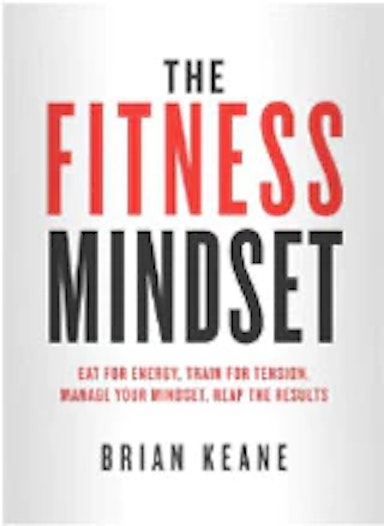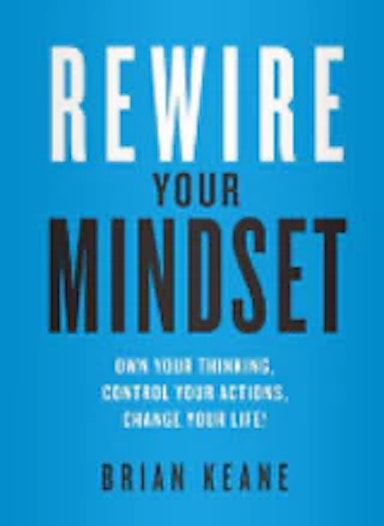How to rewire your mindset if you get injured..
- By Brian Keane
I dislocated my knee two weeks ago and tore the MCL..
Fortunately, or unfortunately (depending on your perspective), this isn’t my first injury..
I know the general physical protocol for most injuries: raise, ice, compress, elevate (RICE) or variations of the method depending on current research..
I also know the rehabilitation process and the importance of keeping strength in the muscles around the injured body part..
And anyone who has ever got injured knows the same..
But that wasn’t the part I struggled with the most..
It was the mental side of injury or having a supportive mindset that could help me recover faster..
Oftentimes, especially in my late teens/early twenties I would get full blown circumstantial depression from being injured..
Thankfully I’ve worked on my mindset a lot over the years and now know how to reframe injuries as opportunities.
Here are the four ways that I do that:
1: Use this time as an opportunity to work on secondary goals
Yes, you may not be able to work out how you normally do or play your favourite sport; but can you work around the injury to prioritise another goal maybe?
From my personal and professional experience, you can actually train around 95% of injuries.
Broke your foot? You can prioritise upper body and focus on increasing strength or size.
Sprained your wrist? Great. Time to build some endurance in your legs with leg extension and the leg press machine.
Can’t run? No problem, maybe a cross-trainer, bike or swim in the pool can help you train around it.
It’s very easy to let an injury become your excuse to not improve on a secondary goal.
It’s not the injury that’s your limitation, it’s your imagination.
Get creative and work around it.
2: Make rehab part of your primary gym strategy
If there is a element of working out that you enjoy, you can merge your rehab plan in the middle.
Some call this a “sh*t sandwich” – I call it “getting your sh*t done”
I’ll use myself as an example.
I love lifting weights..
And like most people, I hate rehab.
But.. it’s an necessary evil and an absolute must for your recovery. So how do we make it more bearable?
We merge the two together.
A typical session for me will look like this.
- 20 minutes of training a body part I enjoy (chest for example)
- 20 minutes of rehab (light leg extensions, single leg twist variations etc)
- 20 minutes of training another body part I enjoy (triceps for example)
This way it gets prioritised and becomes something you get to do vs something have to do.
When you habit stack it with something you enjoy, it makes it easier to stick to.
3: Use the time to prioritise other areas in life
This comes in different shapes and forms depending on what stage of life you’re in.
In college, it meant I had a more active social life.
In my twenties, it meant I could spend more time on personal and professional development (nutrition courses etc)
Now, it means more quality time with my family or friends.
When you look back several months from now and see how much fun, learning or quality time you had, you’ll end up reframing the injury as a ‘good’ thing that happened to you.
Perspective is everything.
4: Educate yourself on recovery protocols, test them and you have a skill set that will support you forever
This might be just me as I geek out on things like this; but I love testing different recovery protocols.
I used a lot more cold and heat therapy on this recent injury and it seemed to speed up my recovery.
I also used arnica (tablets and gel) after the initial dislocation to see if it helped. The jury is still out on that though.
But turning the injury into a game and using different methods to help me get to the next level of recovery has been a really supportive cognitive reframe.
As someone with a history of mental health issues, injuries are just more fuel for that fire so I’m probably extra diligent with keeping a positive mindset now in my mid-thirties.
You may not default to depression or get in a bad mood when you get hurt; but for those of you that do, hopefully this helped.


